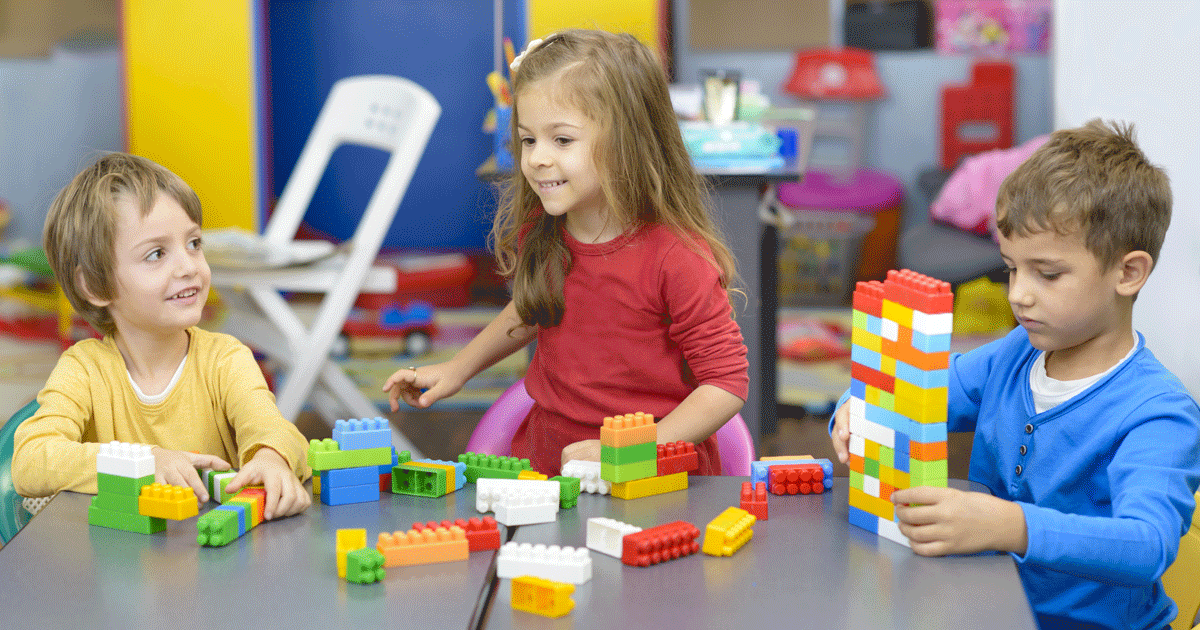My older daughter just started preschool. I’ll tell you what I was looking for in a school—for this year and Kindergarten, and probably at least a few years beyond (I can only see so far!).
- I want the focus to be on the development of her social skills, confidence, resilience, and self-awareness.
- I want her to learn how to identify her emotions—along with the emotions she sees other children experiencing. I want her to be encouraged to practice empathy.
- I want her to learn how to communicate what she is thinking and to ask questions. I want her curiosity reinforced.
- I want her to be encouraged to make hypotheses about why the world is the way it is, using her own critical thinking (and creativity).
- I want her imagination to be fully engaged, whether in making up stories or pretending the sandbox is full of hot lava.
- I want her body to be engaged, sitting still in a seat only when needed, and outdoors as much as possible.
Honestly, I don’t want her to engage in a single activity that she could identify as a “test.” (I hope her educators can assess her without her realizing it. I don’t know if this is true for every 4-year-old, but my daughter seems hypersensitive to the judgment of adults.)
I’m not sure at what age the priorities will change for me; when I might start worrying more about content. I know at some point she needs to formalize her understanding of fractions and the different parts of speech that she is already laying the foundations for through play and conversation (“What does ‘half’ an apple mean?”). But my hunch is that those things will come much more easily if her education is rooted in thinking, questioning, creating, and collaborating.
As someone who has been watching (usually from the bleachers) the trends affecting public education over the last decade, I have wondered why the play-based education I want for my own kids doesn’t seem to be on the menu for those with fewer advantages. Instead, they are offered “drill and kill” test prep and lose arts, physical education, music, etc. It seemed possible to me that the achievement gap had less to do with poor kids being offered less content and more to do with them being offered fewer opportunities for social-emotional development.
So I read with interest a post by the authors of Becoming Brilliant, which surveys a range of research suggesting that all kids need a “cognitive and social diet” that includes training communication, critical thinking, confidence, collaboration, creativity, and, yes, content (the “6Cs”). The research they cite also pokes significant holes in the idea that the brains of low- and middle-income kids somehow learn differently. In fact, research even suggests that improvements in the performance of low-income kids may be largely due to programs that help their parents engage with them in a way that supports their brain development—singing, reading, talking, and playing, all in the context of a meaningful social relationship.
As the daughter of two college-educated, middle class parents, my girl has many advantages other children don’t. But a wildly different set of educational opportunities shouldn’t be one of them. If we design it right, Michigan’s system of public education could help put all of our children on more equal footing.







